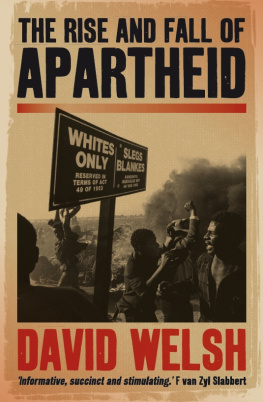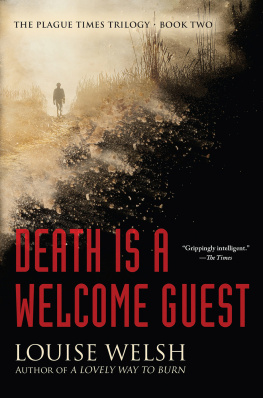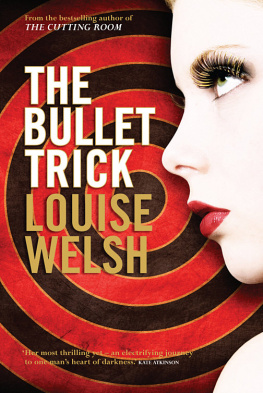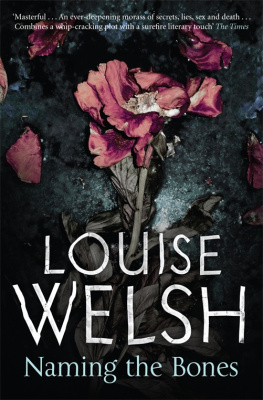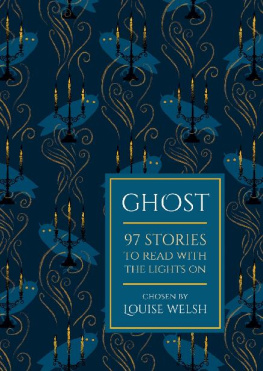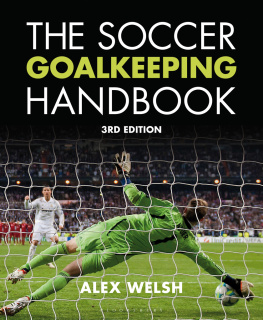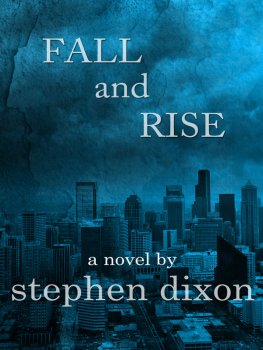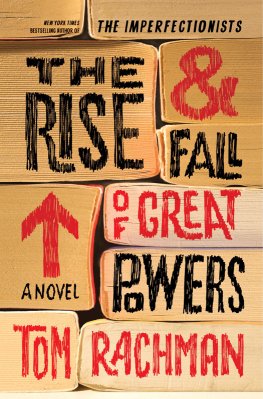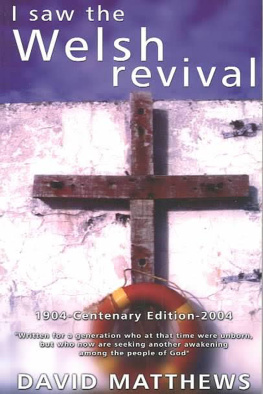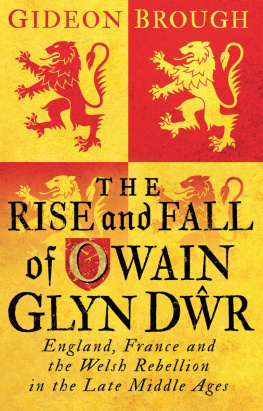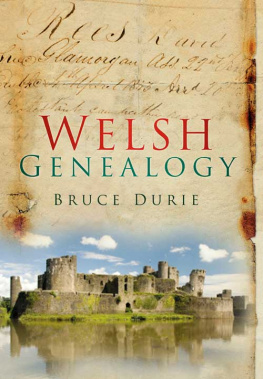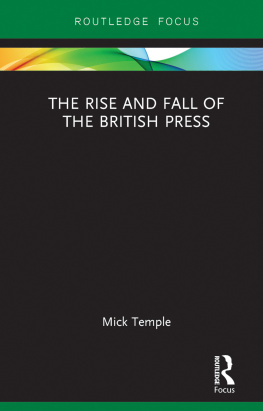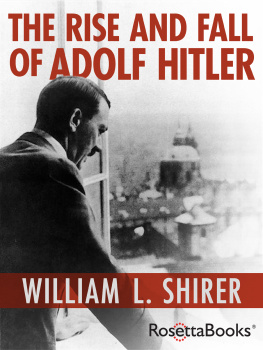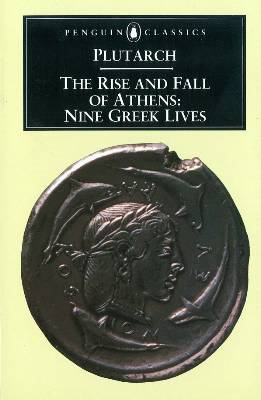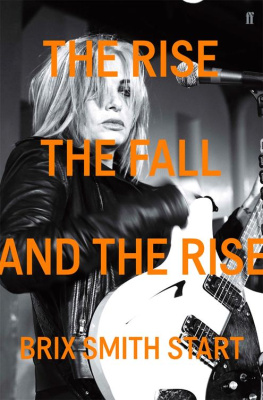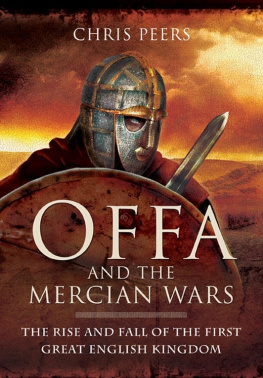Welsh - The Rise And Fall Of Apartheid
Here you can read online Welsh - The Rise And Fall Of Apartheid full text of the book (entire story) in english for free. Download pdf and epub, get meaning, cover and reviews about this ebook. year: 2009, publisher: Jonathan Ball Publishers, genre: Politics. Description of the work, (preface) as well as reviews are available. Best literature library LitArk.com created for fans of good reading and offers a wide selection of genres:
Romance novel
Science fiction
Adventure
Detective
Science
History
Home and family
Prose
Art
Politics
Computer
Non-fiction
Religion
Business
Children
Humor
Choose a favorite category and find really read worthwhile books. Enjoy immersion in the world of imagination, feel the emotions of the characters or learn something new for yourself, make an fascinating discovery.
The Rise And Fall Of Apartheid: summary, description and annotation
We offer to read an annotation, description, summary or preface (depends on what the author of the book "The Rise And Fall Of Apartheid" wrote himself). If you haven't found the necessary information about the book — write in the comments, we will try to find it.
Welsh: author's other books
Who wrote The Rise And Fall Of Apartheid? Find out the surname, the name of the author of the book and a list of all author's works by series.
The Rise And Fall Of Apartheid — read online for free the complete book (whole text) full work
Below is the text of the book, divided by pages. System saving the place of the last page read, allows you to conveniently read the book "The Rise And Fall Of Apartheid" online for free, without having to search again every time where you left off. Put a bookmark, and you can go to the page where you finished reading at any time.
Font size:
Interval:
Bookmark:
Chapter 1
On Friday, 28 May 1948, South Africa awoke to astonishing election news: the National Party had clawed its way to power. In alliance with the small Afrikaner Party (AP), the NP had won the 26 May ballot by the narrowest of majorities: five seats 79 seats for the NPAP alliance compared to 65 for the defeated United Party (UP), six for its ally, the Labour Party (LP), and three Native Representatives (elected on a separate voters roll), who would certainly vote against the incoming government. Now we feel at home again in our own country, proclaimed DF Malan, the NP leader and Prime Minister-elect.
The portents of this upset only the second change of government via the ballot box since 1910 had been visible for some time. Since 1939 the UP government, led by the Boer general JC Smuts, had been preoccupied with the Second World War. It had won a comprehensive victory in the khaki election of 1943, when Afrikaner nationalists were fighting viciously among themselves. But, beginning in 1944, signs appeared that the tide was turning against Smutss party. The resignation of several MPs and supporters in protest against the UPs lack of a clearcut colour policy, and a series of by-election defeats or victories with much-reduced majorities, should have punctured the UPs complacency, but the assumption of invincibility continued. The illusion that Afrikaner nationalists would always squabble among themselves was widespread in UP circles, and with it the comforting corollary that this would thwart their political unity. It was a fatal misjudgement.
The underlying factor in the NPAP victory in 1948 was the resurgence of Afrikaner unity. DF Malan, the 74-year-old patriarch who led the NP and now became Prime Minister, entitled his autobiography Afrikaner Volk Unity and My Experiences on the Way to It (translation). As the title suggests, Afrikaner unity was not automatic, despite a substantial cultural commonality, a sense of racial identity, and, to some extent, a shared historical experience. Unity had to be forged, and it was no easy task.
The first stirrings of a sense of Afrikaner nationalism began in the last third of the nineteenth century as a response to the tightening grip of British imperialism. In a polemic published shortly after the outbreak of the Anglo-Boer War in 1899 Smuts, then state attorney of the Transvaal Republic, itemised with clinical detail and cold fury the injustices done by British capitalistic jingoism to Afrikaners. Of the period after the discovery of gold on the Transvaal highveld in 1886, he wrote:
[It] is characterised by the amalgamation of the old and well-known policy of fraud and violence with the new forces of Capitalism, which had developed so powerfully owing to the mineral riches of the South African Republic [the official name of the Transvaal]. Our existence as a people and as a State is now threatened by an unparalleled combination of forces. Arrayed against us we find numerical strength, the public opinion of the United Kingdom thirsting and shouting for blood and revenge, the world-wide and cosmopolitan power of Capitalism, and all the forces which underlie the lust of robbery and the spirit of plunder.
This was strong stuff, and typical of the tone of the book. Famously and ironically Smuts made his peace with the British in the aftermath of the Anglo-Boer War (18991902) and became a strong protagonist of the Empire, earning for himself the sneering description handyman of the Empire.
The war resulted in the comprehensive defeat of the Transvaal and its ally the Orange Free State. To expedite the ending of hostilities the British Army resorted to scorched earth policies and to the internment of Boer women and children. In both republics the great majority of farmsteads were destroyed, and an estimated 28 000 women and children died in the concentration camps into which they were herded. These were the methods of barbarism referred to by Sir Henry Campbell-Bannerman, the British Liberal leader, who became Prime Minister in 1905 and in 19067 granted self-government to the defeated republics, now British colonies.
The war and its aftermath was a huge stimulus to Afrikaner nationalism. Even in the Cape Colony, whose Afrikaner population was, on the whole, reasonably content under British rule, sympathy with the Boer republics was profound, though not sufficiently profound to provoke an uprising in support of their ethnic kin. Nevertheless, between 6 000 and 7 000 rebels defied British authorities and joined the Boer commandos, and 30 were executed.
In the post-war period Lord Milner, High Commissioner for South Africa from 1897 to 1905 and the leading warmonger prior to 1899, determined to make South Africa British by deliberate efforts to anglicise Afrikaners and by promoting the large-scale immigration of British to the Transvaal. Neither project succeeded, but the attempts increased bitterness among the Boers.
The war cast a long shadow over white politics. Even by 1948, 46 years after the Treaty of Vereeniging had concluded peace, many oudstryders (war veterans) were still alive; indeed, two Smuts himself and NC Havenga, leader of the Afrikaner Party were prominent politicians. Few Afrikaner families had been unaffected, whether directly or indirectly, by the war. PW Botha, who became an MP in 1948, recounted how his mother had been attacked by an armed black soldier on their Orange Free State farm. She managed to escape with her young sister and two toddlers, but the farmstead was destroyed.
Why should we fight Britains wars? was a question that struck a resonant chord in the minds of many republican Afrikaners in both 1914 and 1939 when South Africa fought alongside the Allies against Germany. In 1914 South Africas entry into the First World War precipitated a rebellion among Afrikaners, including senior members of the Defence Force, who were protesting against participation in the war in general, and South Africas occupation of German South West Africa (today Namibia) in particular. The outbreak of the Second World War in 1939 prompted even greater polarisation, which had direct effects on the outcome of the 1948 election.
The granting of self-government in 1906 and 1907, respectively to the Transvaal and the Orange River Colony (as it was now officially termed) paved the way for the political mobilisation of Afrikaners, and, in 1909, the unification of South Africa. Paradoxically, although the Anglo-Boer War had been the stimulus for unprecedented Afrikaner unity, its aftermath and the creation of a South Africa-wide parliamentary system also created the conditions for a divergence in Afrikaner political thinking that was to dominate white politics until at least the 1950s. An electoral political system had been established in which, as Smuts once observed, the fight was among Afrikaners over what attitude they should take to the English. There were implications in this for colour policy.
The issue that presented itself to Afrikaner leaders in the immediate pre- and post-Union period can be stated crisply: should the white nation, made up of Boer and Brit, consist of one stream or two streams? The one-stream approach, also known as conciliation, was associated with Louis Botha, a Boer general who emerged as the leading Afrikaner politician after 1902 and became the unified South Africas first Prime Minister in 1910. The two-stream policy was identified with JBM Hertzog, also a Boer general, the principal Afrikaner leader in the Orange River Colony.
Conciliation, as propounded by Botha and his right-hand man Smuts, was never precisely defined, but it meant that enmity between Boer and Brit should be transcended in a spirit of mutual toleration and co-operation. Botha and Smuts believed that the wounds of war, as well as the passions which had caused the war, could best be healed by emphasising the things which the two sections of the European people held in common. Hertzog, on the other hand, felt himself specially called to assert the rights of the section which had suffered defeat . Why should Botha conciliate them? It was his business to fight them!
Next pageFont size:
Interval:
Bookmark:
Similar books «The Rise And Fall Of Apartheid»
Look at similar books to The Rise And Fall Of Apartheid. We have selected literature similar in name and meaning in the hope of providing readers with more options to find new, interesting, not yet read works.
Discussion, reviews of the book The Rise And Fall Of Apartheid and just readers' own opinions. Leave your comments, write what you think about the work, its meaning or the main characters. Specify what exactly you liked and what you didn't like, and why you think so.

